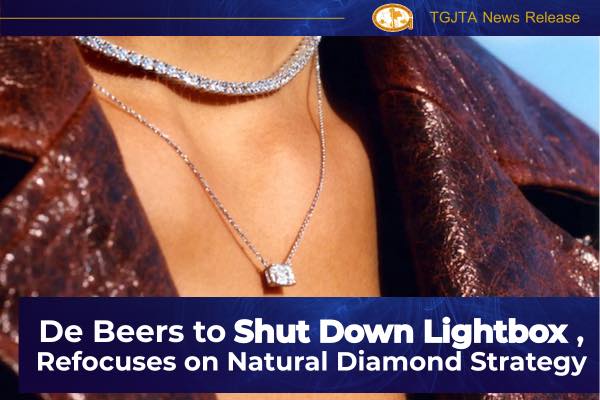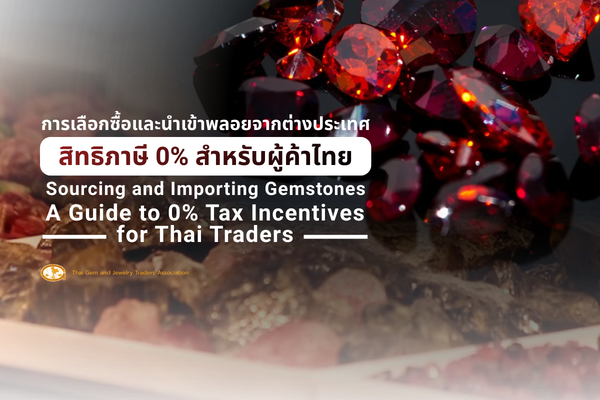

De Beers announced its intention to shut down Lightbox, its lab-grown diamond (LGD) jewellery brand, signalling a reinforced commitment to the natural diamond market. The company is currently in discussions with potential buyers for the sale of Lightbox assets, including existing inventory.

Launched in 2018, Lightbox aimed to highlight the distinctions between lab-grown and natural diamonds in terms of attributes and value, initially pricing its LGDs at a transparent $800 per carat. However, the wholesale prices of lab-grown diamonds in the jewellery sector have since plummeted by 90%, moving closer to a cost-plus model and diverging significantly from natural diamond prices. This sharp decline is the primary driver behind De Beers’ decision to discontinue the Lightbox brand.
The move aligns with De Beers Group’s core belief that rare, high-value natural diamond jewellery occupies a separate category from low-cost, mass-produced LGD jewellery. The closure is also a key step in the company’s “Origins Strategy,” unveiled in May 2024, which focuses on streamlining the business and concentrating on high-return activities. De Beers plans to reallocate investment towards initiatives aimed at revitalising consumer desire for natural diamonds through category-wide marketing efforts.
De Beers has assured that it will work closely with employees, retail partners, suppliers, and other stakeholders to manage a smooth transition over the coming months. Existing Lightbox customers will continue to receive support, including warranties and after-sales services, throughout the closure process.
Al Cook, CEO of De Beers Group, stated, “The persistently declining value of lab-grown diamonds in jewellery underscores the growing differentiation between these factory-made products and natural diamonds. Global competition continues to intensify with more low-cost lab-grown diamond production from China. In the US, supermarkets are driving down lab-grown diamond jewellery prices. Overall, we expect both the cost and price of lab-grown diamonds to fall further in the jewellery sector. The planned closure of Lightbox reflects our commitment to natural diamonds.”
Meanwhile, Element Six, De Beers Group’s subsidiary that produced lab-grown stones for Lightbox, will now exclusively concentrate on industrial applications for synthetic diamonds.
Cook also commented on this shift, saying, “We are also excited at the growing commercial potential for synthetic diamonds in the technology and industrial space.”

TGJTA held a signing ceremony for a Memorandum of Understanding (MOU) with the Korean Gem Trade Association to promote and develop the gems and jewelry industry between the Kingdom of Thailand and the Republic of Korea.

Thai Gem and Jewelry Traders Association welcomed Hon. Sunil Handunnetti, M.P., Minister of Industry and Entrepreneurship Development of the Democratic Socialist Republic of Sri Lanka, for discussions on strengthening bilateral cooperation in advancing th

Essential insights on international procurement, customs regulations, e-Customs procedures, and duty exemptions for the Thai Gem and Jewelry industry.